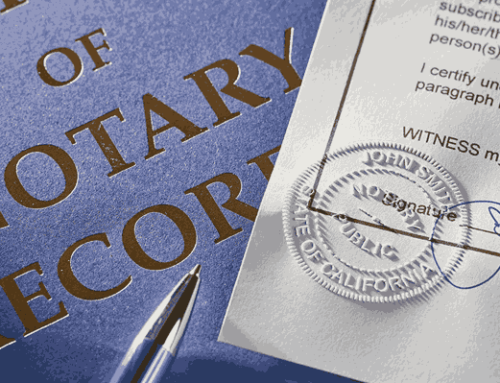How fast could you write a content piece for your law firm website? Wait! Let me reframe the question, how fast can you prepare the first draft of any document? Certainly more than 21 seconds. That’s right, it took ChatGPT 21 seconds to answer a query which helped us to prepare the 1st draft of a document.
Being in an era where we have such technology that can significantly improve work and reduce your time invested by almost 40%. Imagine not being able to take full benefit from it. ChatGPT is the newest tool in the AI market, a product of OpenAI company. A production company that develops highly autonomous systems that can eliminate administrative and non-creative work patterns.
ChatGPT is an AI-based chatbot with whom you can initiate conversations and it is trained to give you solutions for the proposed problem in the form of written paragraphs.
Moving forward, how can it be the turning point for lawyers to curate content for their law practice?
The legal industry can effectively use ChatGPT in content creation by leveraging its natural language capabilities to generate high-quality, informative, and engaging legal content. This can include articles, blog posts, whitepapers, reports, legal summaries, contracts, and more.
By using ChatGPT, legal professionals can save time and effort in the content creation process, allowing them to focus on other important tasks. The technology can also help improve the accuracy and consistency of legal content, reducing the risk of errors or inconsistencies.
Also, if you are using ChatGPT as a content tool be sure to only use it for preparing drafts and outline to prepare the main document. There are limitations as well as it cannot answer your complex queries.
1. Creating legal FAQs
ChatGPT can be used to create frequently asked questions about different areas of law, helping to educate and inform the public about their rights and legal options.
2. Developing Legal Chatbots
Chatbots powered by ChatGPT can be used to provide quick and accurate answers to common legal questions, helping to streamline the process of seeking legal advice.
3. Writing Legal Blog Posts
Lawyers and legal marketers can use ChatGPT to generate blog posts on various legal topics, providing valuable information to their audience and establishing themselves as experts in their field.
4. Improving Document Automation
ChatGPT can be integrated into document automation tools to improve the speed and accuracy of legal document creation, freeing up time for lawyers to focus on higher-value tasks.
5. Drafting Scripts
ChatGPT can also curate scripts for youtube videos and podcasts. Giving out automated and engaging content scripts without much time invested.
6. Generate Remarkable Ideas:
ChatGPT can give you creative and trending ideas for email marketing campaigns and social media campaigns.
7. Generating Legal Summaries:
Lawyers and legal marketers can use ChatGPT to generate summaries of complex legal cases or documents, making it easier for their audience to understand and digest the information.
Remember it’s important to carefully analyze every piece of document ChatGPT generates, to ensure the best results. We recommended using ChatGPT with editors, who can review and refine the content generated by the technology. This approach can help you ensure the quality, accuracy, and relevance of the final content, while also taking into account any legal, ethical, or compliance considerations.
Do you think ChatGPT is going to reform legal content practices for lawyers in the upcoming years? Let us know your take on this! Drop your suggestions and queries to our support executives and by the time we will work on our next blog for more such engaging content.





